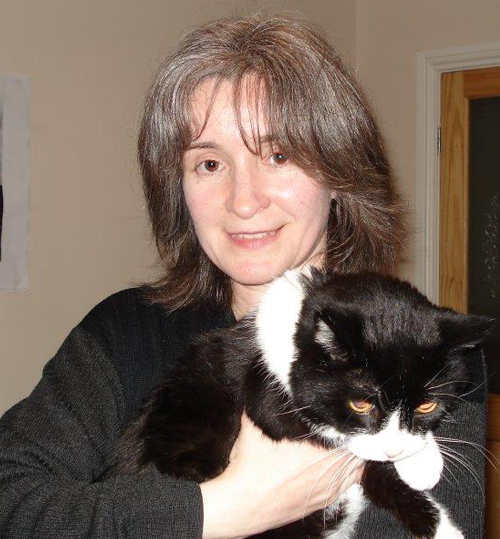-
-
- Council Members
- Role of Council Members
- Council meetings
- Council elections
- Previous election results
- Dr Louise Allum
- Dr Sam Bescoby
- Dr Andrew Clemence
- Dr Tshidi Gardiner
- Dr Reginald Godwin
- Paddy Gordon
- Dr Danielle Greenberg
- Dr Gerard Henry
- Dr Richard Hillman
- Dr Benjamin Kennedy
- Dr Tom Lonsdale
- Dr Darren Partridge
- Martin Peaty
- Alison Price
- Dr Peter Robinson
- Dr Jennifer Simmons
- Dr Sadie Spencer
- Dr Mary Thomas
- William Wilkinson
- Dr Lara Wilson
- Past-Presidents
-
-
-
-
-
- About extra-mural studies (EMS)
- EMS requirements
- Information for vet students
- Information for EMS providers
- Information for vet schools
- Temporary EMS requirements
- Practice by students - regulations
- Health and safety on EMS placements
- EMS contacts and further guidance
- Extra-mural studies fit for the future
-
-
- Code of Professional Conduct for Veterinary Surgeons
- Code of Professional Conduct for Veterinary Nurses
- Contact the Advice Team
- XL Bully dog ban
- 'Under care' - guidance
- Advice on Schedule 3
- Controlled Drugs Guidance – A to Z
- Dealing with Difficult Situations webinar recordings
- FAQs – Common medicines pitfalls
- FAQs – Routine veterinary practice and clinical veterinary research
- FAQs – Advertising of practice names
- GDPR – RCVS information and Q&As
New Vet Futures blog: will palliative care become mainstream in vet medicine?
15 May 2015
In May's Vet Futures topic of the month blog, former veterinary surgeon Kath Dyson asks if, now that hospice and palliative care has become mainstream in human medicine, a similar development might be occurring in veterinary medicine.
 Vet Futures is a joint RCVS and BVA initiative which looks at those issues which will potentially affect the profession in the future and, in her blog, Kath (pictured) writes that veterinary palliative care, while a relatively recent phenomenon, has been growing in stature, particularly in the United States with symposia and conferences on the subject as well as webinars and chapters in text books.
Vet Futures is a joint RCVS and BVA initiative which looks at those issues which will potentially affect the profession in the future and, in her blog, Kath (pictured) writes that veterinary palliative care, while a relatively recent phenomenon, has been growing in stature, particularly in the United States with symposia and conferences on the subject as well as webinars and chapters in text books.
She says that an increasing number of UK vets offer hospice care. However, she also notes differences between palliative services offered in human and veterinary medicine as well as debates within the profession over the advantages and disadvantages of palliative care versus euthanasia.
“In animal hospice it is the pet’s owner who takes on all the financial, practical and emotional costs involved, whereas human patients have a lot more support available. Euthanasia is always an option in veterinary medicine, and indeed euthanasia of an animal can legally be carried out by anyone, so long as it is done humanely,” she writes.
On the euthanasia debate she adds: “Some regard euthanasia as more of a last resort, with hospice assisted natural death being seen as more preferable and only a minority of patients requiring euthanasia.
"Others feel that euthanasia is more often likely to be the preferable outcome of a period of hospice care in the animal patient, even though they do not rule out a natural death.”
Overall she argues that additional expertise from veterinary surgeons in end of life care will help the profession be “even better able to provide truly lifelong care to all their animal patients”.
To accompany Kath Dyson’s article our poll this month asks if hospice care will become a standard part of practice.
Last month’s poll asked if vets are given adequate information, guidance and support on ethnic and cultural diversity in relation to a blog written by a British Asian vet about prejudice he encountered from a client.
The vast majority (90%) of the 118 people who responded to the poll thought that the profession was lacking in support when it came to diversity. Diversity in the profession and how to increase it has been a key topic identified by the project and it will be one of the issues addressed in our final report published later this year.